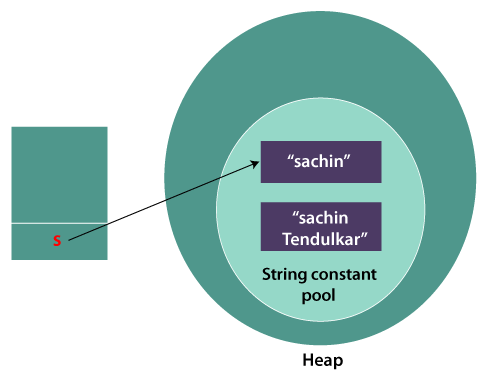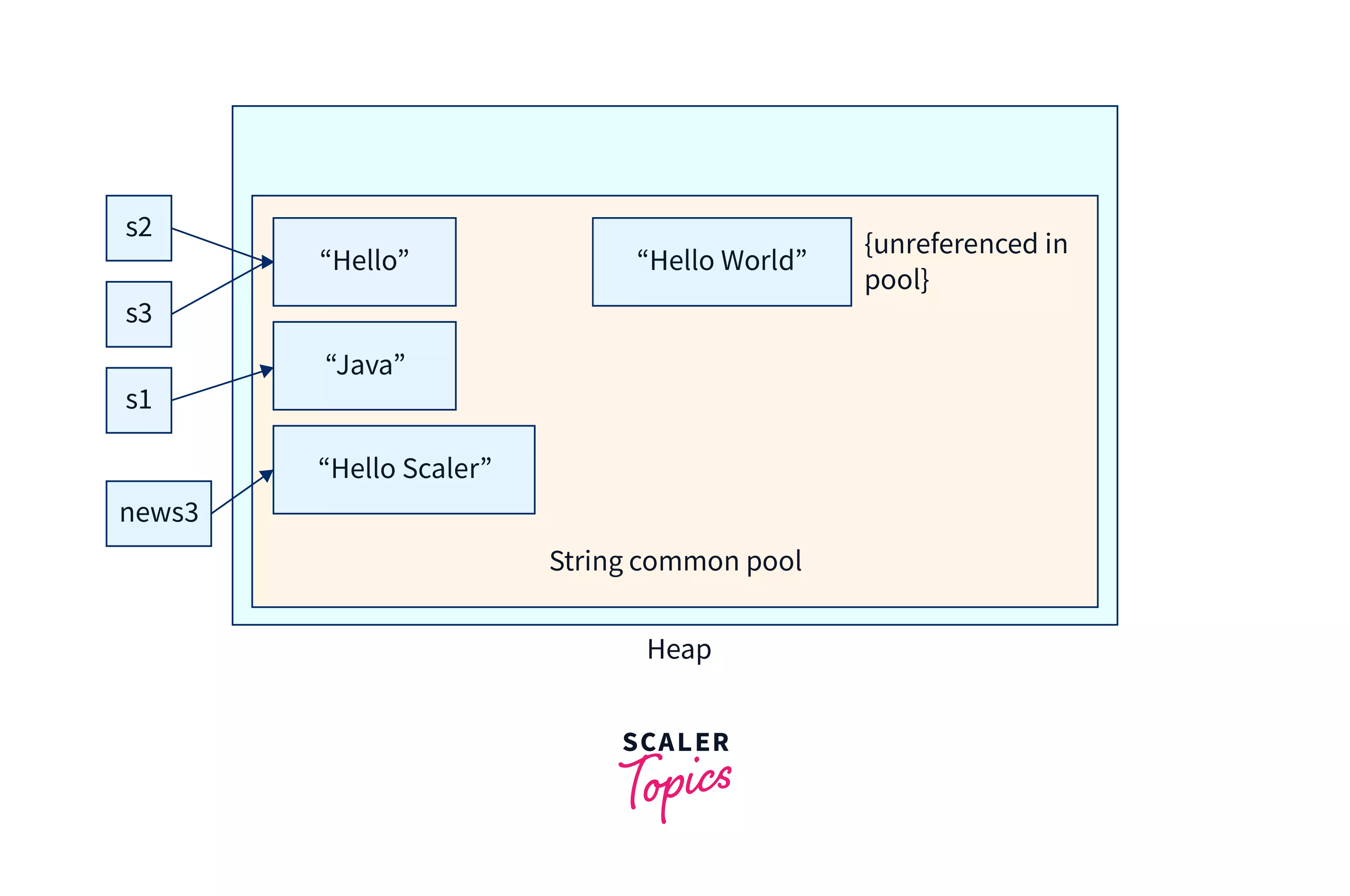The Evolution of Unalterable String Handling: A Vital Aspect of Software Growth
In the elaborate realm of software advancement, the handling of immutable strings stands as a keystone that has gone through significant evolution gradually. From its modest beginnings to the complicated tests experienced in early executions, the trip of immutable string adjustment has been a crucial aspect of software engineering. As we navigate with the historic landscape of this fundamental idea, mapping the advancements, security implications, and arising patterns, we discover ourselves at a point where the intrinsic value of understanding this advancement becomes increasingly apparent.
Beginnings of Immutable Strings
When programmers sought to enhance the integrity and protection of data managing systems,The idea of unalterable strings traces back to the very early days of shows languages. Immutable strings describe strings that can not be transformed after they are developed. This basic concept was introduced to resolve problems relating to data stability and avoid unintended alterations to critical details saved as strings.

Furthermore, unalterable strings add to boosting the overall security of software program systems (Why are strings immutable in Java?). By stopping unauthorized events from damaging sensitive string information, immutable strings assist minimize the threat of information breaches and unauthorized accessibility to secret information. This fundamental idea remains to play a crucial duty in modern programming languages and continues to be a foundation of robust and secure software program development techniques
Very Early Difficulties and Solutions
One of the key challenges in managing unalterable strings was managing memory successfully. Additionally, guaranteeing that strings remained unaltered verified to be complicated, specifically when multiple parts of the codebase needed to gain access to and customize data.
To resolve these challenges, developers started executing information file encryption strategies to shield sensitive information stored in immutable strings. Encryption helped protect data from unauthorized access and adjustment. Moreover, the intro of hashing formulas supplied a method to confirm the honesty of unalterable strings by creating unique checksums based upon their components. If any type of alterations had actually taken place, these checksums permitted for quick comparisons to figure out. By including security and hashing techniques into the handling of immutable strings, developers dramatically enhanced the safety and security and reliability of information within software application systems.

Improvements in String Immutability
In software application advancement, a noteworthy development in the handling of unalterable strings has arised via improvements in data encryption and hashing techniques. By using protected hash algorithms like SHA-256 or cryptographic strategies such as AES file encryption, programmers can ensure that delicate information kept in immutable strings continues to be tamper-proof and safe. These developments have boosted the honesty and privacy of information within applications, specifically in sectors where information safety is extremely important, such as cybersecurity, money, and health care.
In addition, improvements in string immutability have actually led the way for boosted performance optimization. Unalterable strings permit more efficient memory monitoring and caching strategies, lowering the expenses connected with regular string controls (Why are strings immutable in Java?). This optimization not just improves the general responsiveness of software program applications however additionally contributes to better scalability and source utilization
Safety And Security Effects and Ideal Practices
With the foundation laid by developments in string immutability, understanding the safety implications and executing ideal practices becomes extremely important in guarding sensitive information within software program applications. Immutable strings play an important duty in improving security by avoiding unauthorized alterations to information, ensuring data integrity throughout the application's lifecycle. By using immutable strings, developers can alleviate typical susceptabilities such as injection assaults, buffer overflows, and data tampering, which are frequently manipulated by harmful stars to endanger systems.
To enhance safety additionally, ideal techniques need to be followed when managing delicate info. This includes encrypting data at rest and en route, executing proper access controls, employing secure coding practices, and regularly upgrading software parts to spot well-known susceptabilities. In addition, programmers ought to follow the concept of least privilege, ensuring that just needed approvals are given to processes and users. By integrating these safety and security measures and finest techniques see here now into software growth processes, companies can much better protect their data properties and reduce the risk of protection violations and data leaks.
Future Trends in String Handling
Among the ever-evolving landscape of software program development, the trajectory of string handling is poised to witness significant improvements and advancements. Get the facts Programmers are discovering new formulas and information frameworks to boost the speed and performance of string procedures.
In addition, an additional fad imminent is the assimilation of expert system (AI) and machine learning (ML) in string dealing with tasks. AI-powered devices are being established to automate and enhance various string control procedures, causing boosted efficiency and accuracy in software development workflows.
Additionally, there is a growing emphasis on boosting the safety and security elements of string managing with progressed encryption techniques and secure coding techniques. As cyber hazards proceed to progress, guaranteeing the integrity and confidentiality of data within strings is becoming a leading priority for developers. By embracing robust security actions, such as encryption at remainder and en route, programmers can alleviate the risks related to string control susceptabilities.
Conclusion
In verdict, the development of immutable string handling has been a vital aspect of software program growth, starting from its beginnings to the developments made in the last few years. Early difficulties have actually been attended to through cutting-edge options, resulting in enhanced protection methods in managing strings. It is essential for programmers to stay updated on the most recent trends in string immutability to make sure the robustness and safety reference of their software applications.
Unalterable strings refer to strings that can not be transformed after they are created. Why are strings immutable in Java?. By avoiding unapproved events from meddling with sensitive string data, immutable strings aid mitigate the danger of information violations and unapproved access to private details. By including security and hashing methods into the handling of immutable strings, designers substantially improved the safety and dependability of information within software systems
Unalterable strings allow for a lot more efficient memory management and caching approaches, decreasing the expenses connected with constant string adjustments. Unalterable strings play an essential function in boosting safety by protecting against unapproved alterations to information, making certain data integrity throughout the application's lifecycle.